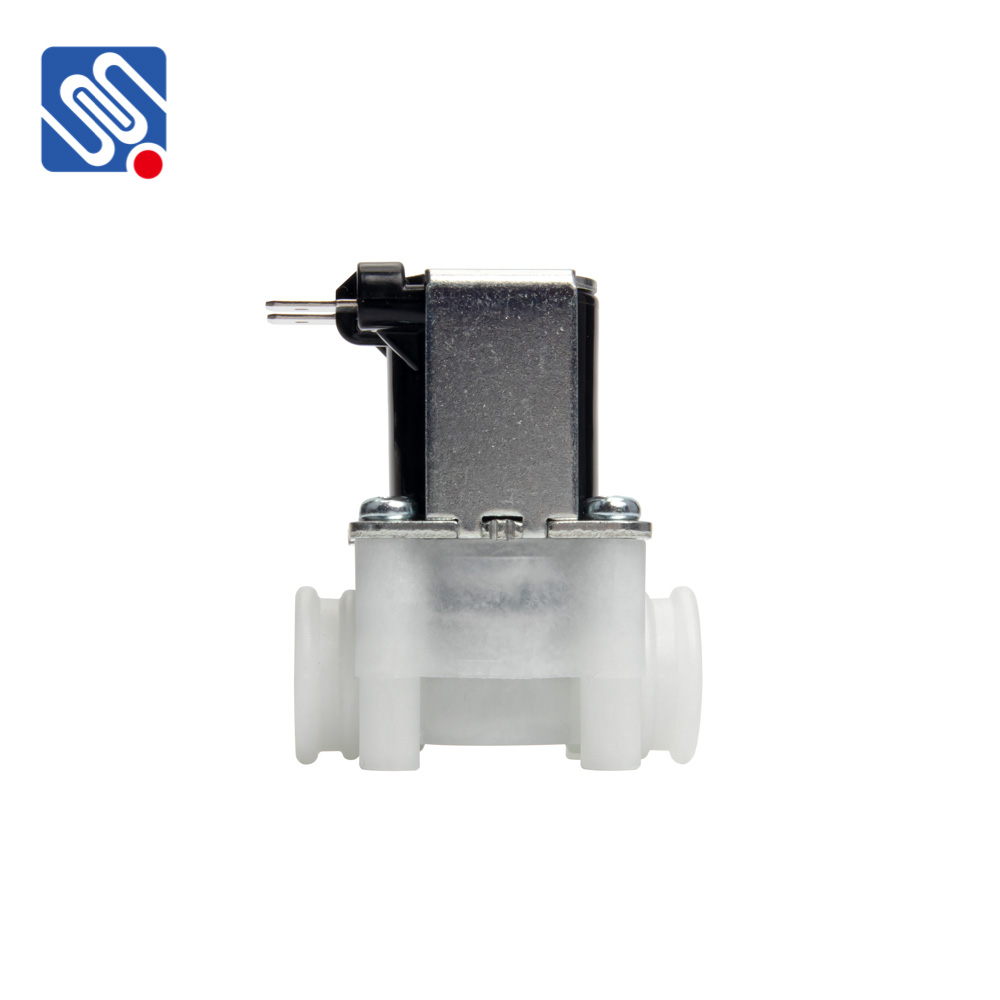PVC Solenoid Valves have become an essential component in various industries that require fluid control systems. Known for their durability, corrosion resistance, and cost-effectiveness, these valves are widely used in applications ranging from water treatment to agricultural irrigation. In this article, we explore the functionality, features, and applications of PVC Solenoid Valves and how they have revolutionized fluid control systems.

What is a PVC Solenoid Valve? A PVC Solenoid Valve is an electromechanical device that controls the flow of liquids or gases within a pipeline or system. The valve is made from polyvinyl chloride (PVC), a type of plastic known for its resistance to corrosion, high strength, and lightweight properties. The term “solenoid” refers to the electromagnetic coil within the valve that operates to open or close the valve, regulating the flow of the substance through the system. The solenoid coil is activated by an electrical current, creating a magnetic field that moves the valve mechanism. When the electrical current is turned off, the valve returns to its original state, either opening or closing based on the design of the valve. PVC Solenoid Valves can be either normally open (NO) or normally closed (NC), depending on the application and the specific requirements of the system.
Leave a Reply
You must be logged in to post a comment.